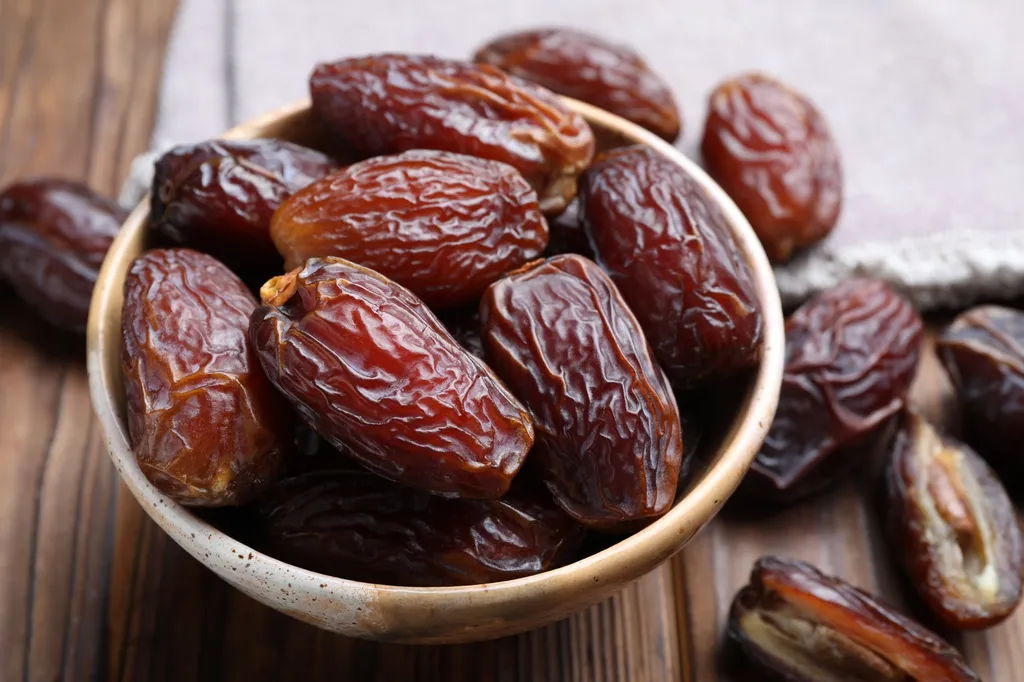In the heart of China, researchers at Bohai University have been brewing up something extraordinary— a functional vinegar-based beverage that could revolutionize the health drink market. Led by Zeshan Ali from the College of Food Science and Technology, the team has developed a unique red date vinegar beverage that not only tantalizes the taste buds but also packs a powerful antioxidant punch.
The journey began with the fermentation of red date (Ziziphus jujuba Mill.) vinegar, a process meticulously controlled to ensure the highest quality. “We employed both alcoholic and acetic acid fermentations, followed by a traditional sun-aging process that lasted four months,” Ali explains. This careful fermentation and aging yielded a vinegar rich in diverse volatile compounds and notable antioxidant activity.
But the innovation didn’t stop there. To enhance the flavor and reduce the sourness typically associated with vinegar-based beverages, the researchers incorporated goji berry juice and honey. The result? A beverage with a pH range of 3.35–3.65 and total soluble solids of 3–7°Brix, striking a delicate balance between tartness and sweetness.
The sensory analysis revealed that the formulations were well-received, with moderated sourness and high flavor acceptability. “The sensory evaluation was crucial,” Ali notes. “We wanted to ensure that the beverage was not only healthy but also enjoyable to drink.” To further validate their findings, the team used partial least squares regression, which showed a strong correlation (94%) between E-tongue data and sensory scores.
The volatile profiles of the beverage were identified using SPME–GC/MS, revealing key compounds such as ethyl acetate and oleic acid. These findings were complemented by molecular docking studies, which predicted favorable interactions between 2,3-dihydro-1,1,3-trimethyl-3-phenyl-1H-indene and metabolic and cardiovascular targets. This suggests that the beverage could have potential health-promoting properties, making it a promising candidate for the functional beverage market.
The implications of this research are far-reaching. As consumers increasingly seek out health-conscious options, the development of a palatable, bioactive functional vinegar-based beverage could shape future trends in the food and beverage industry. The integration of traditional fermentation techniques with modern analytical methods highlights the potential for innovation in the field of functional foods.
Published in the journal ‘Food Chemistry: X’ (translated to ‘Food Chemistry: New Horizons’), this study opens up new avenues for exploration in the realm of health-promoting beverages. As the world continues to prioritize health and wellness, the red date vinegar-based beverage developed by Ali and his team could very well become a staple in the diets of health-conscious consumers.
In an era where functional foods are gaining traction, this research not only advances our understanding of fermentation and sensory evaluation but also paves the way for the commercialization of innovative, health-focused products. The future of functional beverages looks bright, and this study is a testament to the power of integrating traditional practices with cutting-edge technology.

